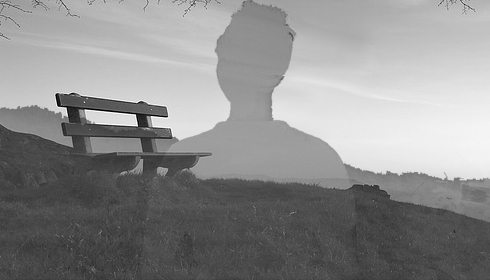
Study Challenges Common Beliefs About Solitude’s Role in Well-Being
Hiking alone in a lonely forest or retreating to a quiet lodge may appear to be the ultimate method to recharge and reconnect with oneself. However, new research from Oregon State University (OSU) reveals that such severe solitude may not be as soothing or good to social connectedness as less solitary hobbies like reading in a café or listening to music on the commute.
The study, coordinated by Morgan Quinn Ross, an assistant professor of communication at OSU, and Scott Campbell of Ohio State University, offers light on the complex relationship between isolation and well-being. Their findings show that partial solitude, tempered by some amount of connection via people or technology, is more effective in restoring energy and maintaining a sense of social connectedness than complete isolation.
"We learnt that less complete solitude is more likely to restore energy and maintain a feeling of connection with others," Ross told me. "In a world where social interaction is almost always just a click away, we need to understand how to balance social interaction with different types of solitude."
The study polled roughly 900 persons in the United States about various solitary activities such as playing phone games, going to a movie alone, or taking a lonely drive across the desert. Ross and Campbell created a solitary matrix that ranges from a basic level, where there is no direct interaction with others, to a total level, which is completely inaccessible to people and the media.
Their findings call into question the widely accepted idea that solitude acts solely as a counterbalance to social interactions. According to Ross, extreme alone can sap both vitality and connection, whereas moderate solitude can serve as a link between restoration and relatedness.
"Solitude is not the flipside of social interaction," Ross told me. "Whereas more intense social interaction yields connection but depletes energy, more intense solitude depletes both energy and connection."
The importance of solitude in overall health is significant, since strong social ties have been related to better mental health, a longer lifespan, and a lower chance of catastrophic illnesses such as heart disease, stroke, and dementia, according to the US Centres for Disease Control and Prevention.
Interestingly, the researchers discovered that people who view solitude positively—as a method to recuperate while remaining optimistic about future social interactions—perform better, regardless of their social energy levels. This tendency was consistent for both extroverts and introverts.
Ross recommends a conscious approach to solitude. "If you have a positive attitude toward isolation—because you use time to recharge and know you'll reconnect with people later—then choosing solitude will most likely make you feel better." However, if you chose seclusion because you dislike social interaction, you will most likely feel worse," he stated.
The study suggests a rethink of isolation, emphasizing the significance of doing so constructively and moderately. Individuals who strike a balance between isolation and connection can use solitude to preserve both vitality and social well-being rather than retreating into complete detachment.